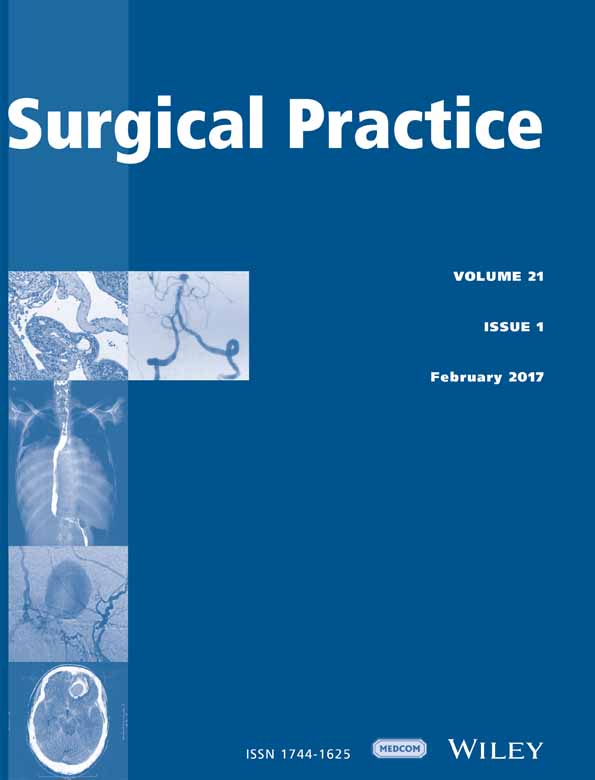Impact of Christmas on bowel preparation for endoscopic examination of the lower gastrointestinal tract
Abstract
Aim
The aim of the present study was to evaluate the impact of Christmas on the efficacy of bowel cleansing performed prior to endoscopic examination of the lower gastrointestinal tract.
Patients and methods
A retrospective review of contemporaneous endoscopy reports at a single institution was undertaken. The quality of bowel preparation in patients undergoing lower gastrointestinal endoscopy over a period of 7 days immediately following 25 December in 2013, 2014 and 2015 was compared to the unit average for the corresponding year.
Results
The proportion of patients with poor bowel preparation was significantly higher in each of the Christmas weeks compared to the unit average for the corresponding year, specifically 36.6 per cent vs 21.1 per cent in 2013 ( P = 0.032), 22 per cent vs 17.8 per cent in 2014 ( P = 0.011) and 24.4 per cent vs 17.4 per cent in 2015 ( P = 0.008). Pooling data over the study period suggested that the incidence of poor preparation between Christmas and New Year was 26.4 per cent vs 18.7 per cent for the remainder of the year ( P = 0.006).
Conclusion
Christmas results in a higher proportion of poor bowel preparation. While causality cannot be determined in the present study, we suggest that the residue from Christmas dinner combined with poor compliance with bowel preparation due to satiety from overconsumption are likely to be responsible. Endoscopy units should consider providing additional and specific dietary advice to patients who are undergoing examination during the festive period.




